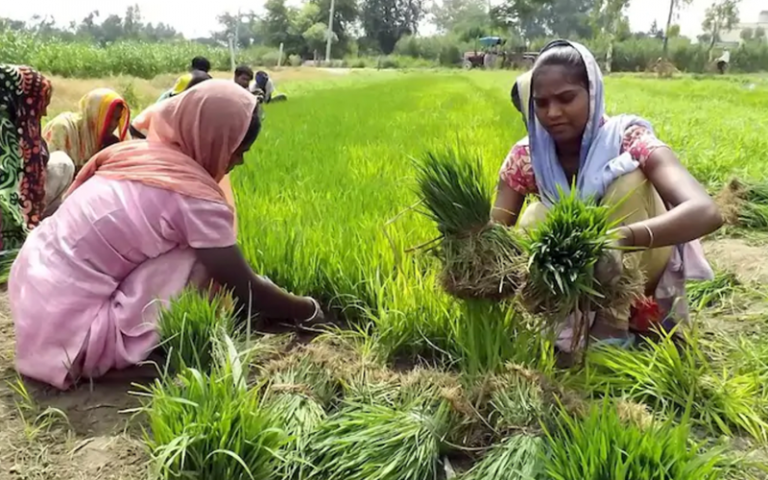Mobilising science and technology to meet the SDGs
An international consortium led by UCL social scientists is mapping global developments in science, technology and innovation to help focus research investment on activities that support the SDGs.

4 December 2020
To meet the Sustainable Development Goals (SDGs), it is vital to ensure that investment in science, technology and innovation is aligned to the Goals. However, competing priorities, commercial interests and the complex interconnections between the global goals can make this difficult to achieve.
To address the issue, the STRINGS project, led by Professor Joanna Chataway (UCL Science, Technology, Engineering and Public Policy, STEaPP) and colleagues at the University of Sussex, is mapping the synergies, competing priorities and trade-offs between science, technology and innovation (STI) and the SDGs at local, national and global levels, particularly in low- and middle-income countries.
“We need to mobilise science, technology, engineering and policy expertise to help change the world for the better,” she explains.
“To achieve this, we must include communities in the research and innovation process at a local level, and steer investments to help ensure the most effective outcomes are achieved for the people most affected.”
Professor Chataway is also collaborating with the UN Development Programme and a consortium of five other universities and research centres in Argentina, India and South Africa.
The project is working with a variety of international experts and stakeholders to create a worldwide map of the key areas of research and innovation that relate to the SDGs, both now and in the future.
““Our aim is to inform more effective policy actions and debates about the possible roles for science, research, technology and innovation in meeting the SDGs.”
The consortium also is looking in depth at specific examples across the world to see where there is alignment (and misalignment) with the SDGs, with a view to applying any lessons learned elsewhere.
In Argentina, the project is considering how STI is tackling Chagas, an infectious disease that causes more than 14,000 deaths worldwide each year. ‘We found that most STI policies focus on the medical aspect of Chagas,” explains Professor Chataway. “We’re exploring whether open science could help to push forward relevant and excellent research.”
In India, a STRINGS review of rice research into rice – a staple crop that millions of people around the world rely on – identified clusters of research on plant protection, crop yields, use of fertilisers and socio-economic issues. Yet research focused on improving the nutritional value of rice is lacking.
“Our aim is to provide evidence, tools and guidelines that will inform more effective policy actions and debates about the possible roles for science, research, technology and innovation in meeting the SDGs,” adds Professor Chataway.
 Close
Close


